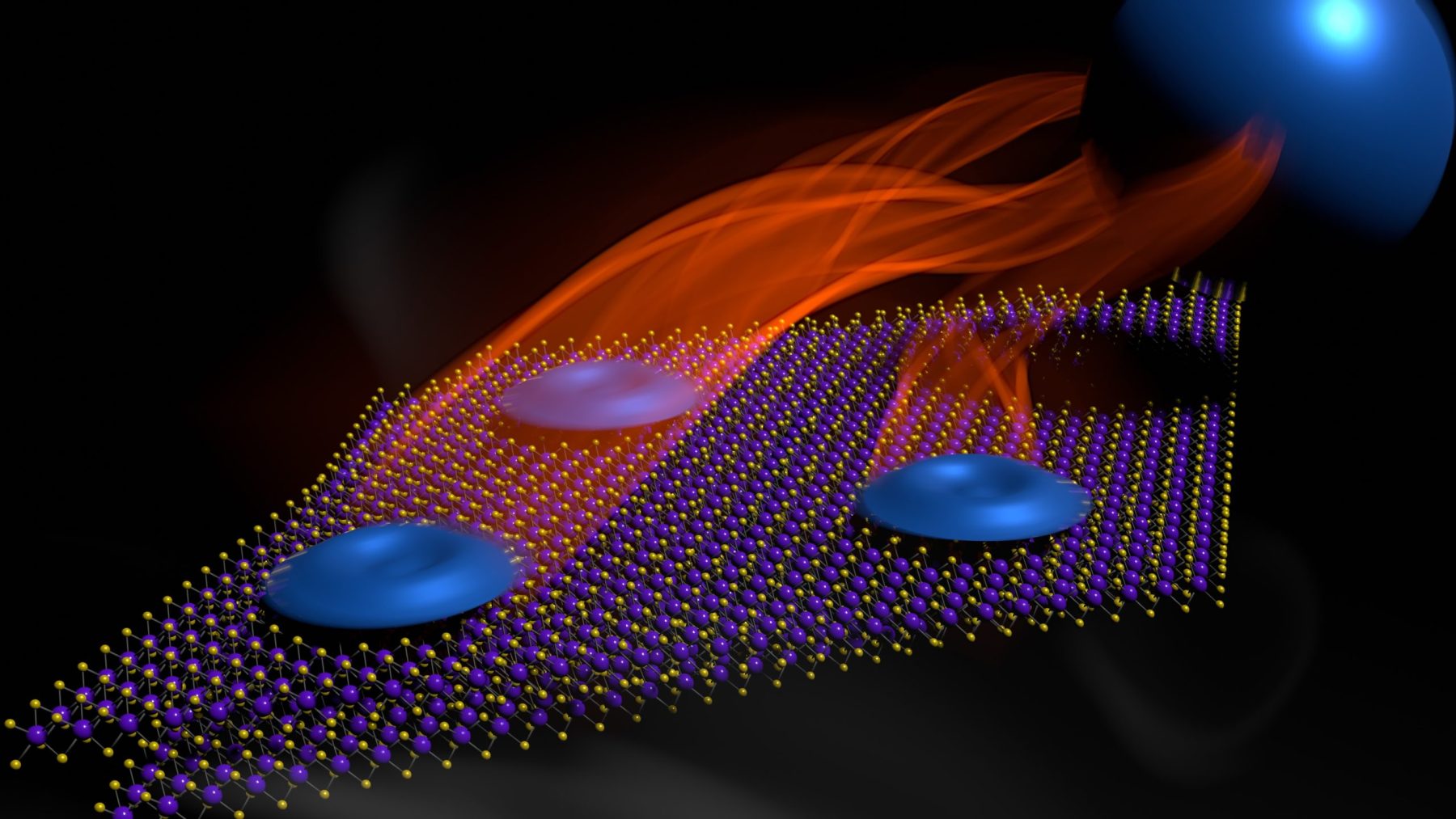
I am a Pappalardo Fellow in Physics at MIT.
Quantum materials × Topology × AI for science.
I study exotic phases in low-dimensional systems (FCIs/FQAH, topological superconductivity) and build agentic AI tools that accelerate both experiment and theory.
What I’m working on
- Exotic topological quantum matter aimed at computation-changing platforms (anyonics, strongly correlated phases).
- AI for labs: agentic systems that read instruments, control microscopes/stages, triage literature, and run analyses end-to-end.
For this mission, AI is necessary—to explore vast hypothesis spaces, automate measurement/analysis loops, and close the gap between theory and experiment.
Active GitHub projects
labAgent— an agentic lab-management system for research automation (arXiv triage, tool-use, workflows, CI for science).instrMCP— an MCP server for physics instrumentation that lets LLMs connect to (and safely interact with) quantum-device measurement setups.twoDClassifier— an MCP tool that distinguishes 2D materials, a necessary building block for my quantum devices.
On AI capability
The current bottleneck is reasoning. Today’s models are not yet “smart enough” for fully autonomous scientific discovery.
I’m pushing toward super-AGI-level scientific agents via:
- high-quality data generation,
- robust tool-use policies and safety rails,
- rigorous evaluations and private benchmarks for scientific tasks.
Collaboration interests
- AI-for-Science projects (agentic tool-use, planning, evals, safety).
- Data generation that actually improves reasoning toward super-AGI.
- Quantum matters (2D/moiré, FCIs/FQAH, topological superconductivity).
- Instrumentation that microscopes quantum matters and AI at MACRO-, Meso-, and nano-scales.
Ask me about
Physics •
AI agents and MCP servers for lab hardware •
Symbolic derivation at scale •
Building datasets/evals for scientific LLMs/agents.
Tech I use
I build everything from hardware (so HDL) to software (so frontend) even unusual Xware (e.g., symbolic tools), and I am willing to learn everything.
How to reach me
Email: jiaqic [at] mit.edu
If you’re exploring topological matter or building agentic tooling for labs, let’s talk. I’m happy to co-design evaluations, data pipelines, or instrument integrations.
Research Interests
I study emergent phenomena in novel quantum materials focusing on the following systems:
Diverse methods are used to approach the physics in these platforms, including:
Novel device fabrication techniques for 2D materials
Many exotic 2D materials are extremely air-sensitive. We developed advanced fabrication techniques such as ultraclean backgate with a metal electrode on demand, stencil mask, anhydrous wet process, and van der Waals transfer in an inert environment.
Electronic transport
Basically (but not limited to!) measuring the resistivity of a material or a nanodevice. With the help of Jiunhaw Chu lab, we build an ultralow noise amplification system for measuring small resistance, such as superconductors and quantum Hall systems. The current noise level is 100 times lower than the room temperature lock-in amplifier with the same filter(24dB) and time constant(0.3s).
Optics
Baby-level, stationary optics with the reflection geometry, such as Raman/PL spectroscopy, MOKE/RMCD, and differential reflectance in cryogenic temperature and magnetic field.
Fiber optics
I am now researching and developing a new dilution fridge platform for optoelectronics, together with efforts from Arthur Barnard’s lab. We are also ambitious to perform a scanning probe microscopy with a novel vibration isolation stage.
- Some novel things in my mind, such as transient transport, scanning probe microscope, etc.
I theorize physics in nanodevices only with toy models, including continuum model, exact diagonalization, real-space transport simulation, finite element method and FDTD.
I used to share my understanding and knowledge in Q&A website Zhihu. I got more than 40k followers and ‘likes’.
Disclaimer: Consider twice when you reuse any content presented here. Many contents/codes are generated by a fine-tuned GPT originally trained by OpenAI.














